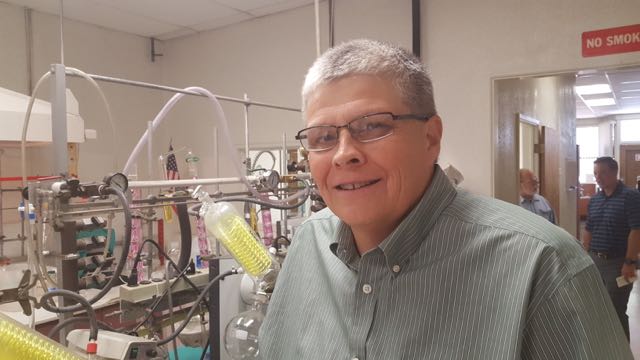More People Interested in Ag at Food Safety of California Convention
Agriculture Is Noble Work
By Mikenzi Meyers, Contributing Editor
A panel at the recent Food Safety of California Convention gave viewers a glimpse of hope for a brighter future in the industry. The moderator of the panel was Tom Jones, senior director of analytic sciences with the Safe Food Alliance.
Although important topics like food safety and processing were discussed by the panel, Jones found himself most impressed by the audience.
“The number of young people that are interested in agriculture and the food industry really gives you hope for the future,” he said.
Jones also said he was also pleasantly surprised by the implied support from Capitol Hill in Washington. “They are actually quite excited to be involved with agriculture. They think it’s an important or noble thing to be doing that job for their representative in Congress, which is a real shift from even a few years ago,” he explained.
The Safe Food Alliance was founded in 2016 as a sister organization to the DFA of California, a nonprofit trade association that has expanded beyond quality inspections to servicing new commodities. To find out more about the Safe Food Alliance and their services, you can visit their website here.













